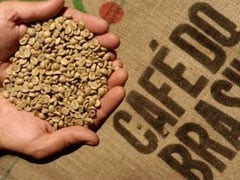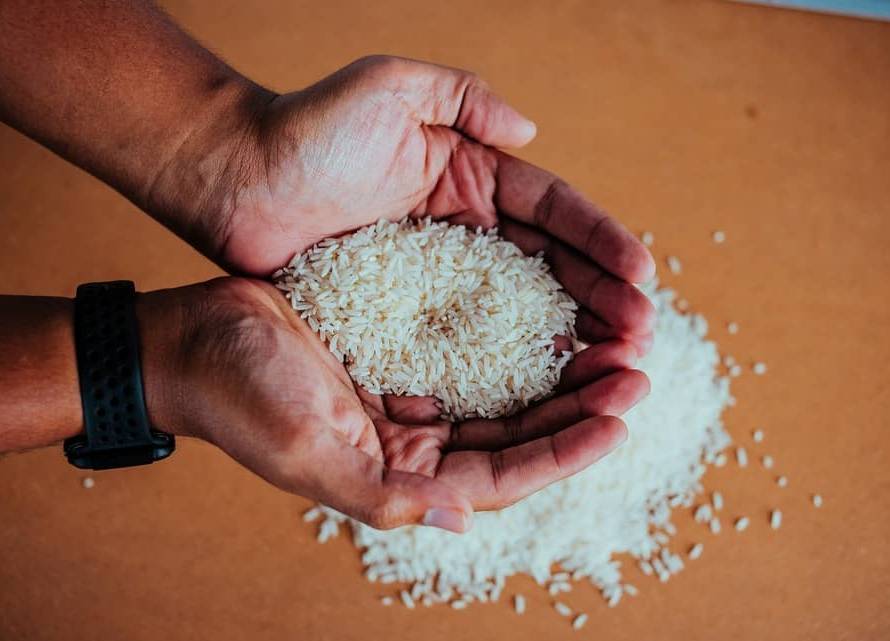![]()
By Roberto Samora
SAO PAULO (Reuters) - Brazil's fruit industry, which exported the equivalent of US$1.5 billion in 2024, has the potential to sell much more abroad, following the example of the country's leading global agribusiness sectors such as coffee, soybeans and cotton, experts said at an industry event in Sao Paulo.
“There is no reason for the fruit sector to remain at this figure in a universe of agricultural shipments, which already exceeds US$1.5 billion per year,” said Professor Marcos Jank, coordinator of the Insper Agro Global center, during Fruit Attraction São Paulo 2025.
Logistics is one of the obstacles to exporting fruit, which is a perishable product. But the sector also needs to open up markets, following the example of other segments.
According to the expert, Brazilian fruit production should expand to other markets, in addition to the USA and Europe, also seeking opportunities in Asia and the Middle East.
“The fruit sector can learn from other segments, such as grains, coffee, meat, cotton, among others,” said Jank, citing Brazilian products that are leaders in global exports.
For the vice-president of the Brazilian Association of Fruit and Derivative Producers and Exporters (Abrafrutas), Waldyr Promicia, Brazil could export much more, as it has the potential to “double, triple, quadruple our production”.
But the challenge lies in opening new markets.
“Today, Brazilian fruit production has only a 4% share of global sales. We are only the 23rd largest exporter in the world,” he noted.
GEOPOLITICAL OPPORTUNITY?
According to Jank, from Insper Agro Global, the Donald Trump administration's agenda, which triggered a tariff trade war with several countries, particularly China, shows that international trade is moving towards a scenario much more anchored in geopolitical criteria than negotiations based on market fundamentals.
“But, in some ways, at this moment, this scenario could be favorable for Brazilian fruit production, for example, due to the barriers imposed by the White House on Mexico. Every year, the US imports around US$1.5 billion in fruits and vegetables,” he highlighted.
In addition to the challenge of opening markets, which often comes up against protectionist issues, logistics is also a bottleneck, as fruits are perishable items.
In this sense, he suggested looking to expand air routes, for example, and adopting technologies that give products more shelf life.





